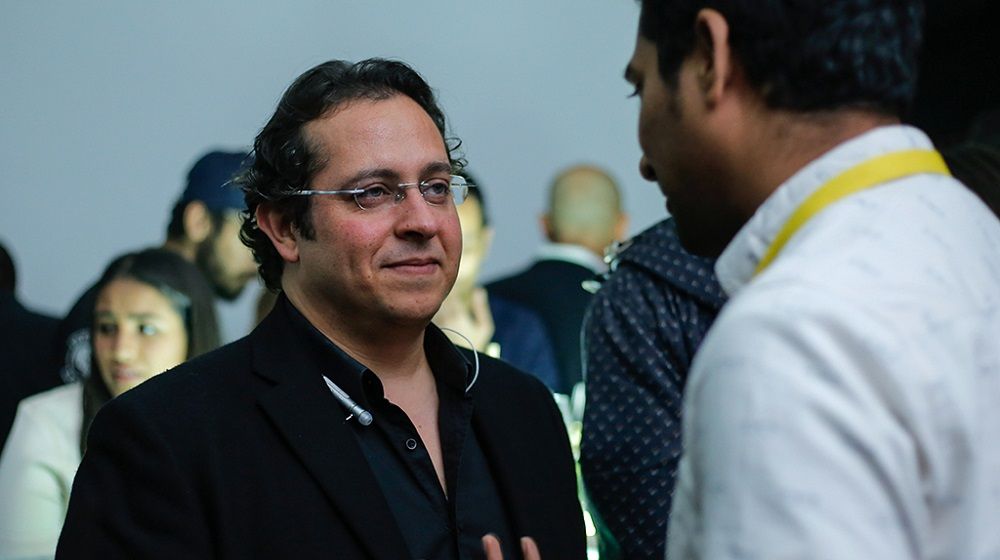Alex Angels: Egypt's latest angel network

Fewer than 6 per cent of pre-seed startups in the Middle East and North Africa (Mena) raise investment from angel investors according to Wamda Research Lab. Access to funding in the early stages is still difficult to entrepreneurs and so in April this year, Egypt-based Alexandria Angels launched a $6.3 million fund to plug this funding gap for Egyptian startups.
The fund is a spin off of Mediterranean Angels, a network of business angel networks operating across the countries of the Mediterranean.
We spoke with Tarek El Kady, co-founder of Med Angels and Alex Angels to learn more about the recently-launched fund, who it is targeting and his views on the state of the angel investment in the region.
Can you tell us more about the fund?
We are still receiving applications from startups and the selection process should be over within the next couple of months. We are still raising and should be active by September.
The main objective of the fund is to help early-stage startups at seed or pre-seed rounds get their initial investments. We are mainly scouting for technology-enabled startups that have good minimum viable product (MVP) and good traction. They should also have gone to market and be in their first or two years’ of operations. Furthermore, being part of the Med Angels network, Alex Angels allows winning startups to be exposed to a wider network of investors across nine offshore markets and help them globalise quickly.
Where is the main funding gap in the Middle East?
While there are a lot of startups that are able to raise grassroots investment, a significant funding gap still exists at the seed and pre-seed stages. If you do look at Egypt and the whole region, big ticket VC investments are abounding while startups ready for large investments like these are still few. Most startups from the region are looking for early stage investment, which VCs are not interested in. And here comes the role of the angel investors - either individuals or clubs – that can provide small-ticket seed funding.
However, angel networks still act slowly given that decision making processes are reliant on its members. As such, the slow pace of decision making is not compatible with the fast-paced world of startups.
That said, the local investment scene still needs more of angel networks that could help startups get their operations up and running.
How has the Covid-19 crisis impacted the investment landscape?
In the region, and during this time specifically, the angel investment scene has a good opportunity to grow since the number of deals they are cutting are still few and thus they deal with less problems. Unlike Europe and the US, where angel networks are with a huge number of companies so they are currently busy solving their portfolio companies’ problems, supporting whatever they can support or shun what they want to shun. In terms of investments overall, the appetite is still there and also the bar has been raised. It is not becoming an easy feat to raise investments unless you come up with innovative solutions that could result in the necessary disruption, especially across the sectors that suffer the most due to Covid-19.
What should startups consider when pivoting to survive during this pandemic?
It is a no-brainer that cash preservation is of top priority for startups during these times, so when considering a pivot, it must not cost too much money. However, pulling a pivot off correctly requires being realistic and forward looking. For example, if a startup looks to add or integrate a new vertical into its operations, it is important to ensure the business continuity of this vertical and that its implementation does not cost them a lot of cash. Given that no one knows with certainty how the crisis will unfold, startups should not go for solutions that would take them long to execute.
What is next for Med Angels?
Besides our work with angel investors from the Mediterranean countries, we are looking to work closely with other partners from Middle Eastern countries, such as Saudi Arabia and the UAE.


